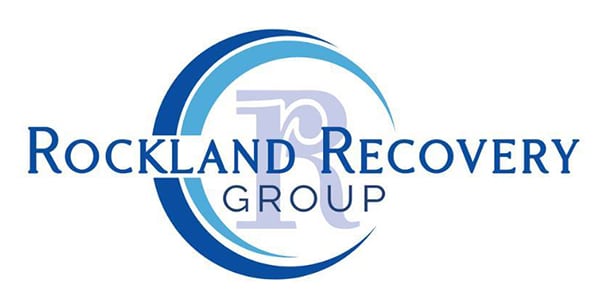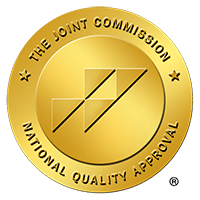Watching a loved one struggle with alcoholism can be heart-wrenching, especially when they refuse help. You might feel helpless and unsure of what to do. It’s crucial to understand that while you can’t force someone to seek treatment, there are ways you can support them and encourage positive change.
By focusing on creating a supportive environment and educating yourself about the nature of addiction, you can play a pivotal role in their journey. Remember, patience and persistence are key. Your efforts can make a significant difference, even if it doesn’t seem that way immediately.
Jump to Section
Tips for Helping an Alcoholic Who Doesn’t Want Help
Dealing with an alcoholic friend who doesn’t want help can be challenging. Implementing specific strategies may facilitate positive change without imposing force.
Educate Yourself About Alcoholism
Understanding alcohol use disorder (AUD) is crucial. Alcoholism affects brain chemistry, making it difficult for individuals to control their drinking. Learn about AUD symptoms, including cravings, increased tolerance, and withdrawal.
Get information from reputable sources like the National Institute on Alcohol Abuse and Alcoholism. Rockland Recovery Group offers resources and education to better understand your loved one’s struggles. Knowing more about the condition helps you empathize and devise informed strategies.
Offer Support Without Judgment
Offering support without judgment is essential. Express your concerns with compassion. Use “I” statements, like, “I noticed you’ve been drinking more, and I’m worried.” Avoid blaming or shaming terminology to prevent defensive reactions. Reinforce that you care about their well-being and are there to help, not criticize. Emphasize your support and willingness to assist in seeking alcoholism treatment when they’re ready.
Set Boundaries
Establish boundaries to protect your well-being. Limit discussions about their drinking to times when they’re sober. Firmly but kindly state what behaviors are unacceptable in your interactions. For example, “I can’t be around you when you’re drinking.” Setting clear limitations helps maintain a healthy relationship dynamic and stresses the importance of seeking help without condoning their behavior.
Seek Professional Guidance
Consult professionals for advice on how to handle the situation. Therapists, addiction specialists, and support groups offer valuable insight and strategies. Contact organizations like Rockland Recovery Group for guidance. Professional interventions provide the structure and support needed to encourage your loved one toward recovery. They can also assist in planning potential treatment options.
Remain Patient with Them
Patience is crucial in helping an alcoholic friend. Change takes time, and setbacks can happen. Celebrate small victories but prepare for challenges. Consistent support demonstrates your commitment to their recovery journey. While waiting for them to seek alcoholism treatment, maintain open communication and regularly assure them of your support.
For comprehensive help, contact Rockland Recovery Group at 888-299-4833.
What Not to Do When Trying to Help an Alcoholic
Knowing what not to do is vital when helping an alcoholic friend who doesn’t want help. Missteps can push them further away from seeking alcoholism treatment.
Avoid Lecturing Them
Criticizing or lecturing someone with alcohol use disorder often leads to resistance. Instead of understanding, they might feel judged, making them less likely to open up. Sharing facts about alcohol’s impact on health is useful only if they are receptive, so avoid unsolicited advice. Highlighting your concerns clearly works better than overwhelming them with information.
Don’t Argue with Them
Arguments escalate tension and hinder communication. When trying to help, staying calm is crucial. If you disagree with their perspective, expressing disapproval respectfully is more effective than engaging in a fight. Arguments can often make them defensive, reducing the likelihood of constructive dialogue about seeking alcoholism treatment.
Avoid The Blame Game
Blaming the individual for their drinking habits can exacerbate feelings of shame and guilt. Rather than focusing on their past actions, staying future-oriented and discussing potential steps toward recovery is more productive. Rockland Recovery Group emphasizes the importance of a supportive environment devoid of blame. If your goal is to aid their journey, encourage them without attributing their struggles to personal failings.
For comprehensive support from Rockland Recovery Group, call 888-299-4833.
We’re Here if You Need Us
Navigating the complexities of helping an alcoholic who doesn’t want help is undoubtedly challenging. Your patience, compassion, and commitment play important roles in their path to recovery. Remember that while you can’t force change, your support can make a significant difference.
Don’t hesitate to seek professional guidance for both you and your loved one. Contacting resources like Rockland Recovery Group can provide the necessary support and expertise. Stay hopeful and keep focusing on creating a positive and understanding environment. Your efforts are invaluable in this journey, no matter how small they seem.






